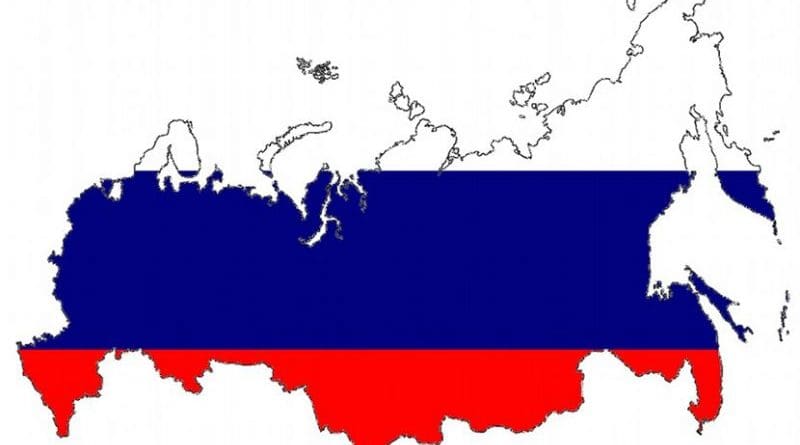Russia’s Disintegration Unlikely, But Descent Into Chaos And Civil War Isn’t – OpEd
By Paul Goble
The Russian Federation is unlikely to disintegrate the way the USSR did, Andrey Yakovlev says. The non-Russian autonomies simply don’t occupy the position now that the union republics did in 1991, and the Russian regions are certain that they would lose more than gain if they sought to go their own way.
But, the economist formerly at HSE but now at Harvard says, the possibility that Russia could descend into chaos and civil war as parts of the elite struggle over yet another redivision of property are all too real (reforum.io/blog/2023/11/12/perehod-k-novoj-modeli-neizbezhno-budet-sopryazhyon-s-kompromissami/).
Unfortunately, Yakovlev says, the US and the EU have not figured out what to do with Russia even if it loses in Ukraine and have not recognized that if things are left where they are today, Moscow will seek to take revenge and because of its nuclear stockpile will have more freedom of action than anyone wants to move against other targets, including Europe.
Moreover, up to now, the West has failed to understand two key realities: the future will be made at least in part by those who are part of the Putin regime, and the opposition to them will not have a chance to succeed unless there are clear signals from the West about what they and Russia will gain if the war in Ukraine ends and Moscow changes course.
“If Western politicians do not begin to think about what will happen next, then there will be no reason to count on good variants in Russia,” Yakovlev argues. And the longer the West puts off such a formulation of a strategic vision for Rusia, “the greater the probability of very bad scenarios regarding security in Europe.”
Everyone needs to understand that “in the Russian elite are not only sane people but also players like the late Prigozhin;” and the numbers of the latter may increase in the event of chaos or a radical shift without clear preparation by the West. Moscow may try to salvage the situation by moving in the direction of North Korea, but that only delays but does not prevent chaos.
According to Yakovlev, the Russian economy has sufficient resources to last for another two years before some kind of crash; but he says that he has a bad feeling that “the cut-off point will take place in March 2024. Before the elections, there likely won’t be any obvious repressions against the current elite or any military escalation. But after that …”
After the voting, with what he believes is a new mandate and expects to face declining Western support for Ukraine, Putin will try to take Kyiv and use a new mobilization at home to do it, the analyst says, steps that will likely be accompanied by significant changes in the elite and the redistribution of property.
Unless the West gives a clear signal to the “sane” part of the Russian elite that it will lift sanctions if the latter take certain steps, the chances that they will move against Putin and his plans will remain small, putting Russia on course to repression and then collapse and violence, Yakovlev continues.
What is especially important here is that Yakovlev says what few others do: the threat that Russia will fall into chaos and civil war will come not from national or regional secession efforts but because of the inherent problems of the Putin system and conflicts within it over power and property.

